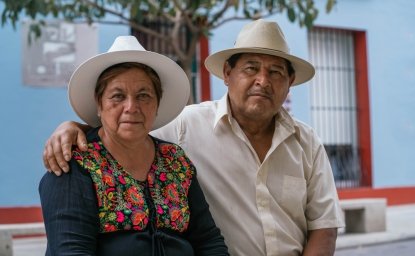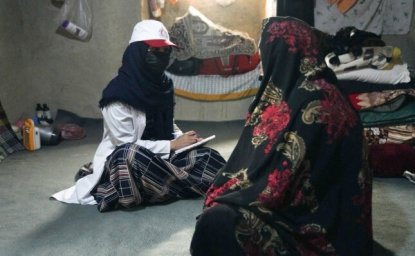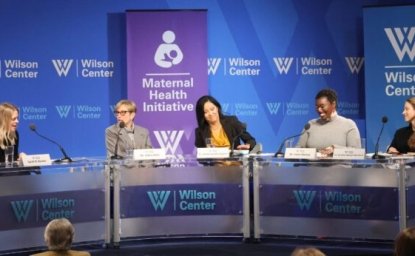World Bank Announces New African HIV/AIDS ‘Agenda for Action'
May 2008 – New World Bank HIV/AIDS agenda shifts approach from emergency response financing to strategic, long-term programming.
May 2008 – New World Bank HIV/AIDS agenda shifts approach from emergency response financing to strategic, long-term programming.
The World Bank recently announced a new strategy to confront the HIV/AIDS epidemic in Africa. Outlined in, The World Bank's Commitment to HIV/AIDS in Africa: Our Agenda for Action, 2007–2011, the strategy refocuses the organization's approach from ‘emergency response' financing to strategic, long-term programming. Under the plan, the Bank will assist governments in harmonizing international funding; integrating HIV/AIDS programs with other health services, including those that address reproductive and maternal health, nutrition, malaria, and tuberculosis; and strengthening overall health systems.
Elizabeth Lule, manager of the World Bank's AIDS Campaign Team for Africa, noted the elevated priority in addressing the epidemic: "With AIDS the largest single cause of premature death in Africa, we can't talk about better, lasting development there without also committing to stay the course in the long-term fight against the disease." The Bank will commit to $250 million annually to HIV/AIDS programs as well as $5 million to capacity building and support projects in sectors such as education and transport.

Housed within the Wilson Center's Environmental Change and Security Program, the Maternal Health Initiative (MHI) leads the Wilson Center’s work on maternal health, global health equity, and gender equality. Read more




